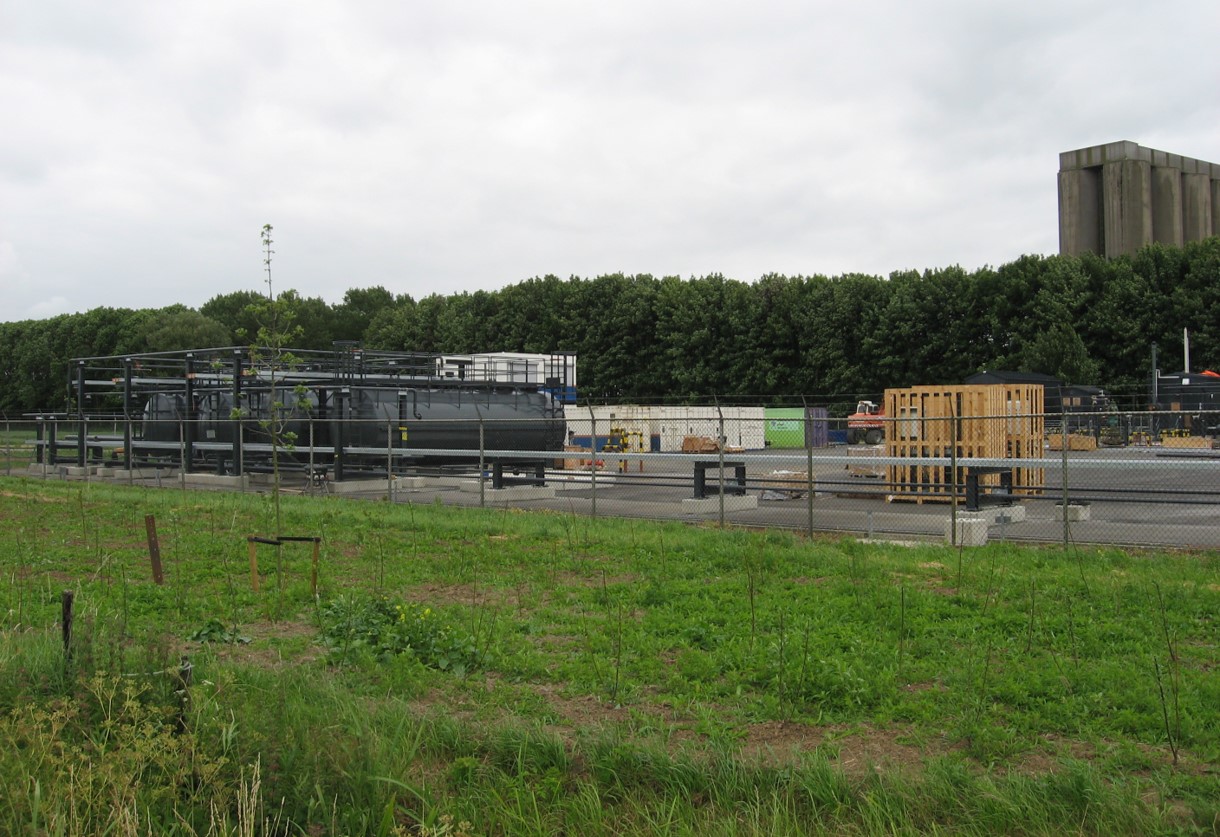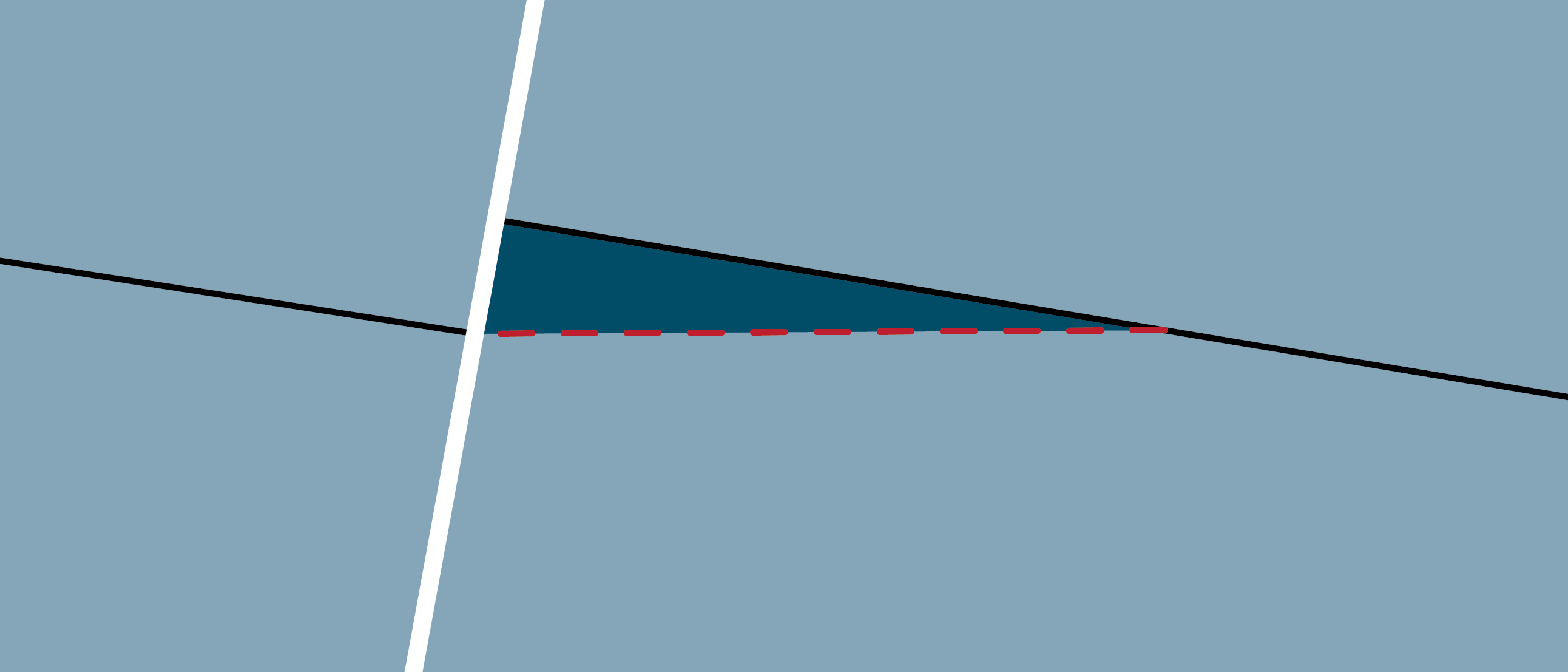The Dutch Continental Shelf is amongst the most mature areas in the North Sea. For that reason, remaining prospects are small and are close to being marginal. In that light, a slightly more favourable tax regime can push some projects over the line, which ultimately helps supporting an industry that is facing a natural decline anyway.
More favourable tax regime, but only offshore
More than two years ago, the Dutch government therefore proposed to increase the percentage of investments operators can offset against tax from 25 to 40%. However, it took to December last year before this was finally approved. Why? The reason seems to be Brussels.
The Dutch government only intended to introduce this more favourable tax regime to the offshore, probably because of the increasing difficulties developing onshore oil and gas fields. However, EU law dictates that no geographical split can be introduced when it comes to these tax regime changes. Therefore, it had to apply to the whole of the Dutch territory, both onshore and offshore.
A solution that required negotiation
The solution the government came up with is as follows: The tax break will apply to both onshore and offshore to comply with EU law, but The Hague has agreed with all onshore operators that they will not pursue the opportunity to use the tax break. So, what do they get in return?
According to the document (in Dutch) available through the government web portal, the onshore operators have agreed that in return for not claiming the 40% tax break, the government will help increase public support for production of gas from small fields.
A balanced workaround
This is a good example of the complicated balance between energy supply and politics. On one hand, the government does not want to grant onshore operators the opportunity to enjoy the same financial incentives because there is no public support for continued exploration (votes), whilst on the other hand it seems to be aware that being too dependent on import is not ideal either, especially when there is still infrastructure in place.
The end result – no additional financial incentive, but help on public support instead – seems to be the best outcome in this case, regardless of the apparent contradictions. At the end of the day, it must be remembered that the Dutch could have followed the Danes and banned exploration altogether. In that sense the Dutch have chosen a more sensible – albeit more complicated approach.
HENK KOMBRINK





